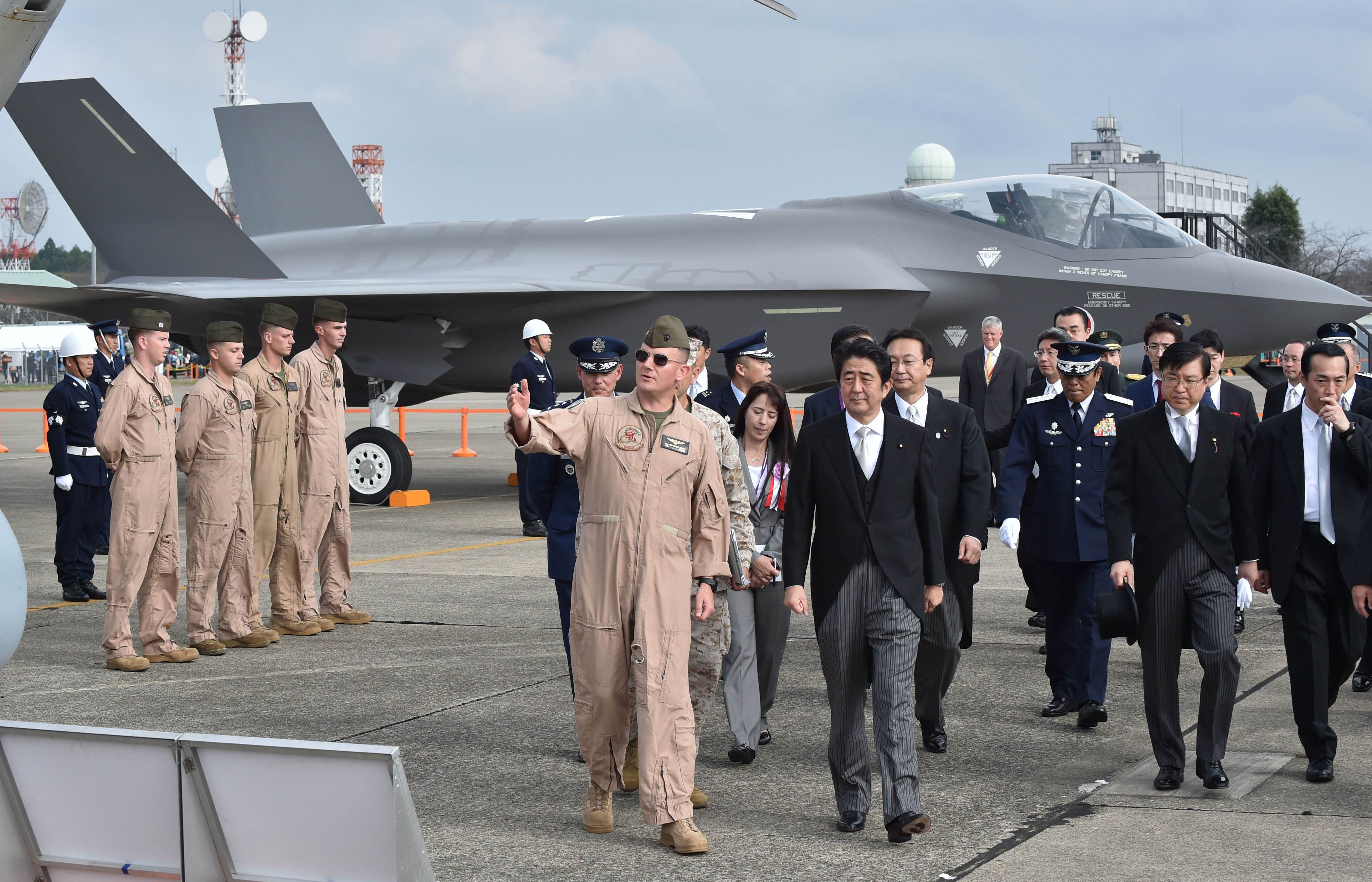Seventy years after World War II ended, should we be thinking about war or about peace?
World War I, in its day, was called "the war to end all wars." It was not. Would World War II be? Two nations, in its aftermath, went pacifist. Japan was one, Article 9 of its postwar Constitution declaring, "The Japanese people forever renounce war as a sovereign right of the nation and the threat or use of force as means of settling international disputes."
Costa Rica was the other. On Dec. 1, 1948, this tiny Central American country's president, Jose Figueres Ferrer— having himself seized power in a blood-soaked military coup — sledgehammered a hole through a stone wall at military headquarters to symbolize a radical reorientation of national priorities: Militarism out, pacifism in. Brute power had had its day. Let pacified power rule. Military headquarters, Figueres announced, would be converted into an art museum.



